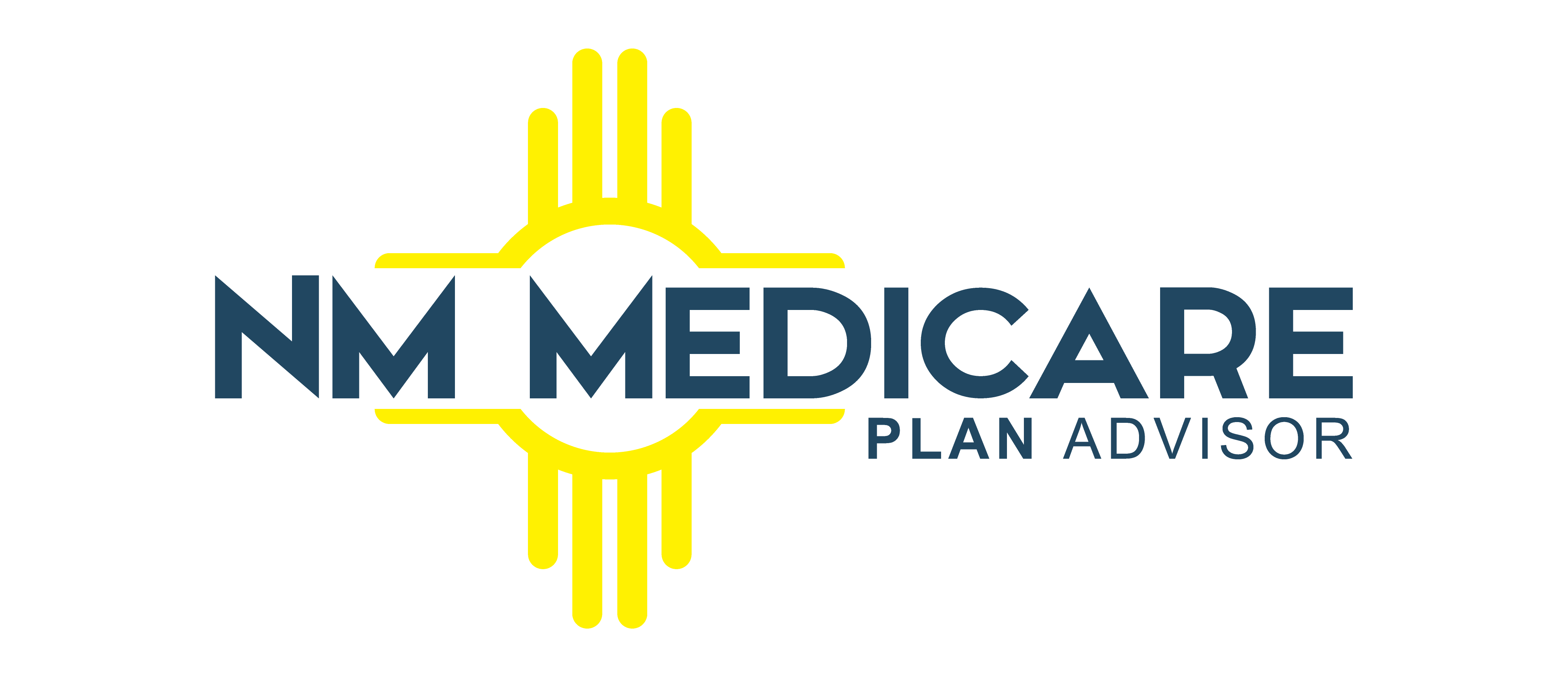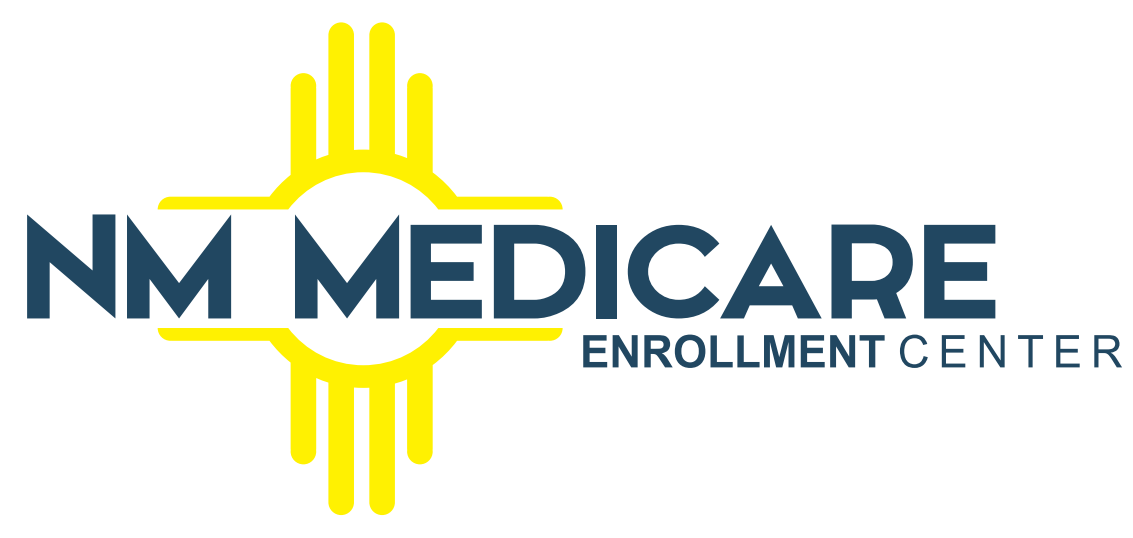Heart attacks are scary. The sudden chest pain, the rush to the hospital, the uncertainty about what happens next—it’s a lot to handle. But what about the costs? If you’re on Medicare, you might be wondering how much of your heart attack treatment is covered. Let’s break it down so you know exactly what to expect and can focus on your recovery.
What is Medicare?
Before diving into specifics, let’s quickly recap what Medicare is. Medicare is a federal health insurance program primarily for people aged 65 and older, though some younger individuals with disabilities or certain conditions also qualify. It’s divided into different parts, each covering various aspects of healthcare.
Medicare Parts and Their Roles
Medicare Part A: Hospital Insurance
Part A is your hospital insurance. It covers inpatient hospital stays, care in a skilled nursing facility, hospice care, and some home health care. If you have a heart attack and end up in the hospital, this is the part that kicks in.
Medicare Part B: Medical Insurance
Part B covers medical services and supplies that are necessary to treat your health condition. This includes outpatient care, preventive services, ambulance services, and durable medical equipment. Part B is crucial for covering doctor’s visits and outpatient procedures related to your heart attack.
Medicare Part C: Medicare Advantage
Medicare Advantage (Part C) is an alternative to Original Medicare (Parts A and B). Offered by private companies, these plans include all benefits of Part A and Part B, and usually Part D (prescription drug coverage) as well. Some plans offer additional benefits like vision, dental, and wellness programs.
Medicare Part D: Prescription Drug Coverage
Part D covers prescription drugs. After a heart attack, you’ll likely be prescribed medications to manage your heart health, and this is where Part D comes in handy.
What Happens During a Heart Attack?
Understanding what happens during a heart attack can help clarify why certain treatments and services are necessary. A heart attack occurs when blood flow to the heart is blocked, usually by a blood clot. Without enough oxygen, the heart muscle starts to die.
Immediate Treatment Steps
When you have a heart attack, getting to the hospital quickly is crucial. Once there, you might receive treatments such as clot-busting medications, angioplasty, or even surgery like coronary artery bypass grafting (CABG).
Follow-Up Care
After the immediate crisis, follow-up care is essential. This includes regular check-ups, cardiac rehabilitation, lifestyle changes, and medication to prevent future heart attacks.
Medicare Coverage for Immediate Heart Attack Treatment
Emergency Room Visits
If you experience a heart attack, your trip to the emergency room is covered under Medicare Part B. This includes the ambulance ride, provided it’s deemed medically necessary.
Inpatient Hospital Stays
If you’re admitted to the hospital, Medicare Part A covers the first 60 days after you pay the deductible. This includes semi-private rooms, meals, general nursing, and drugs as part of your inpatient treatment.
Medicare Coverage for Heart Attack Follow-Up Care
Doctor Visits
Follow-up visits to your doctor or specialist are covered under Medicare Part B. This includes regular check-ups and consultations with your cardiologist.
Cardiac Rehabilitation
Cardiac rehab is a medically supervised program designed to improve your cardiovascular health. It often includes exercise training, education on heart-healthy living, and counseling to reduce stress. Medicare Part B covers comprehensive cardiac rehabilitation programs.
Prescription Medications
After a heart attack, you’ll likely be prescribed medications such as blood thinners, beta-blockers, ACE inhibitors, and statins. Medicare Part D helps cover these prescription drug costs.
Costs Associated with Heart Attack Treatment Under Medicare
Deductibles and Coinsurance
For Medicare Part A, you’ll need to pay a deductible for each benefit period. As of 2024, the deductible is $1,600. After you meet the deductible, you pay $0 for the first 60 days of inpatient hospital care. For Part B, you pay an annual deductible, which is $233 in 2024, and after that, you typically pay 20% of the Medicare-approved amount for most doctor services.
Out-of-Pocket Maximums
Medicare Advantage plans have a yearly out-of-pocket maximum, which can provide some financial protection. Once you reach this limit, you won’t have to pay for covered services for the rest of the year.
How to Minimize Your Out-of-Pocket Costs
Medigap Plans
Medigap, or Medicare Supplement Insurance, can help cover some of the costs that Original Medicare doesn’t, such as copayments, coinsurance, and deductibles. These plans are sold by private companies.
Comparing Medicare Advantage Plans
If you’re enrolled in a Medicare Advantage plan, compare different plans annually. Look for one that offers comprehensive heart attack treatment coverage with lower out-of-pocket costs.
The Importance of Preventive Care
Annual Wellness Visits
Medicare Part B covers an annual wellness visit. During this visit, your doctor can help you create a personalized prevention plan to prevent heart disease.
Screening and Counseling
Medicare covers cardiovascular disease screenings every five years, which include cholesterol, lipid, and triglyceride levels tests. Counseling for lifestyle changes like diet and exercise is also covered.
Tips for Managing Your Heart Health
Medication Management
Always take your medications as prescribed. Part D can help with costs, but managing your medication properly can prevent future heart issues.
Healthy Lifestyle Choices
Adopt a heart-healthy lifestyle. This includes a balanced diet, regular exercise, quitting smoking, and managing stress. Preventive care and lifestyle changes can significantly reduce your risk of another heart attack.
Conclusion
Navigating Medicare coverage after a heart attack can seem daunting, but understanding what’s covered can give you peace of mind. From emergency treatment to follow-up care, Medicare has provisions to support your recovery journey. Remember, the key to minimizing costs is to stay informed, compare plans, and take advantage of preventive care.
FAQs
Is ambulance service covered by Medicare during a heart attack?
Yes, Medicare Part B covers ambulance services if they are deemed medically necessary and you are transported to a hospital for emergency care.
Does Medicare cover cardiac rehabilitation programs?
Yes, Medicare Part B covers comprehensive cardiac rehabilitation programs, including exercise, education, and counseling.
Are prescription drugs covered after a heart attack?
Medicare Part D covers prescription drugs, including those prescribed after a heart attack such as blood thinners and statins.
How can I reduce my out-of-pocket costs for heart attack treatment?
Consider enrolling in a Medigap plan or a Medicare Advantage plan with lower out-of-pocket costs. Regularly review and compare plans to ensure you have the best coverage for your needs.
What preventive services does Medicare cover to help avoid a heart attack?
Medicare covers annual wellness visits, cardiovascular disease screenings, and counseling for lifestyle changes like diet and exercise to help prevent heart attacks.



